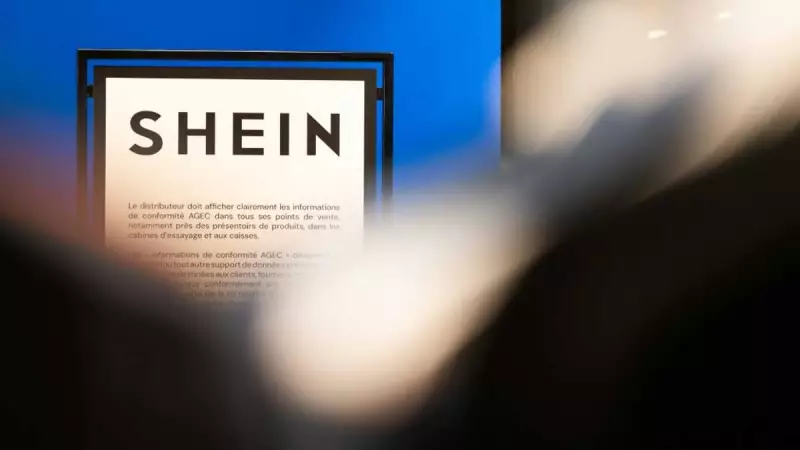
In a significant move that could reshape Europe's fast fashion landscape, France is leading a charge against popular online retailer Shein. French officials are formally urging the European Union to implement sanctions against the Chinese-owned platform over disturbing allegations of forced labour within its supply chain.
Why France Wants Shein Investigated
The French government has raised serious concerns about Shein's manufacturing practices, particularly questioning whether the company benefits from forced labour in its production processes. This push comes amid growing international scrutiny of companies with supply chains connected to China's Xinjiang region.
"We cannot turn a blind eye to potential human rights violations," stated a French trade representative who preferred to remain anonymous. "The EU must ensure that all products entering our market meet ethical standards."
The Larger EU Context
France's position aligns with broader European efforts to regulate digital products and ensure fair competition. The European Commission has been developing new rules specifically targeting digital products from non-EU countries, with Shein and fellow Chinese platform Temu facing increased regulatory attention.
Recent developments indicate that both companies might face stricter scrutiny under the European Union's Digital Services Act, which aims to create safer online environments for consumers.
What This Means for Nigerian Consumers
For Nigerian fashion enthusiasts who frequently shop from Shein, potential EU sanctions could significantly impact product availability and pricing. Many Nigerian shoppers rely on Shein for affordable, trendy clothing, making this development particularly relevant to the local market.
Industry experts suggest that if the EU implements strict measures, other regions including Africa might follow suit, potentially forcing Shein to overhaul its supply chain transparency.
The Road Ahead
The French proposal now moves to EU member states for discussion. If adopted, it could lead to:
- Comprehensive investigation into Shein's manufacturing practices
- Potential import restrictions on Shein products
- Stricter documentation requirements for supply chain transparency
- Financial penalties for non-compliance with EU labour standards
Shein has consistently denied allegations of forced labour, stating they maintain high ethical standards across their supply chain. However, the company now faces its most significant regulatory challenge yet in the European market.
As the situation develops, consumers and industry watchers alike are watching closely to see how this potential trade battle will unfold and what it means for the future of fast fashion in Europe and beyond.






